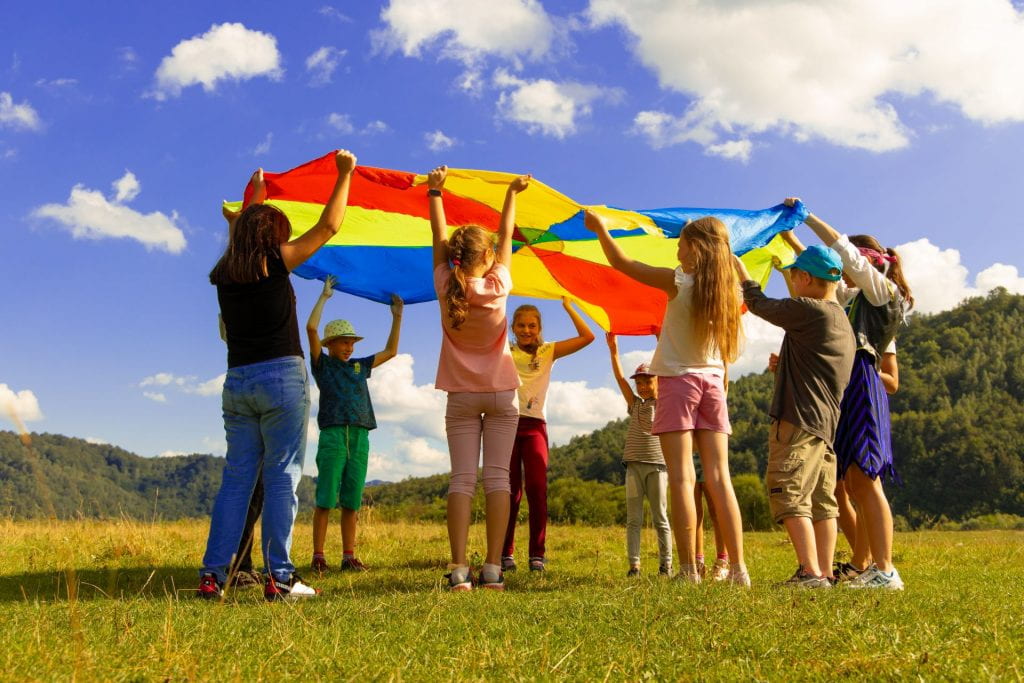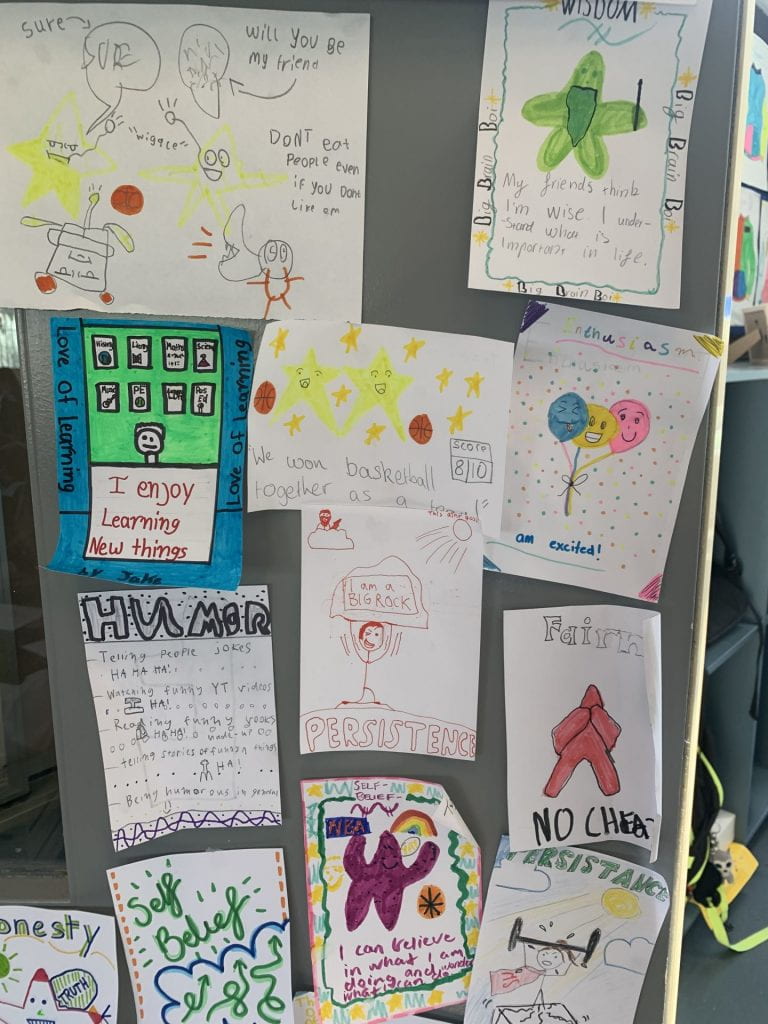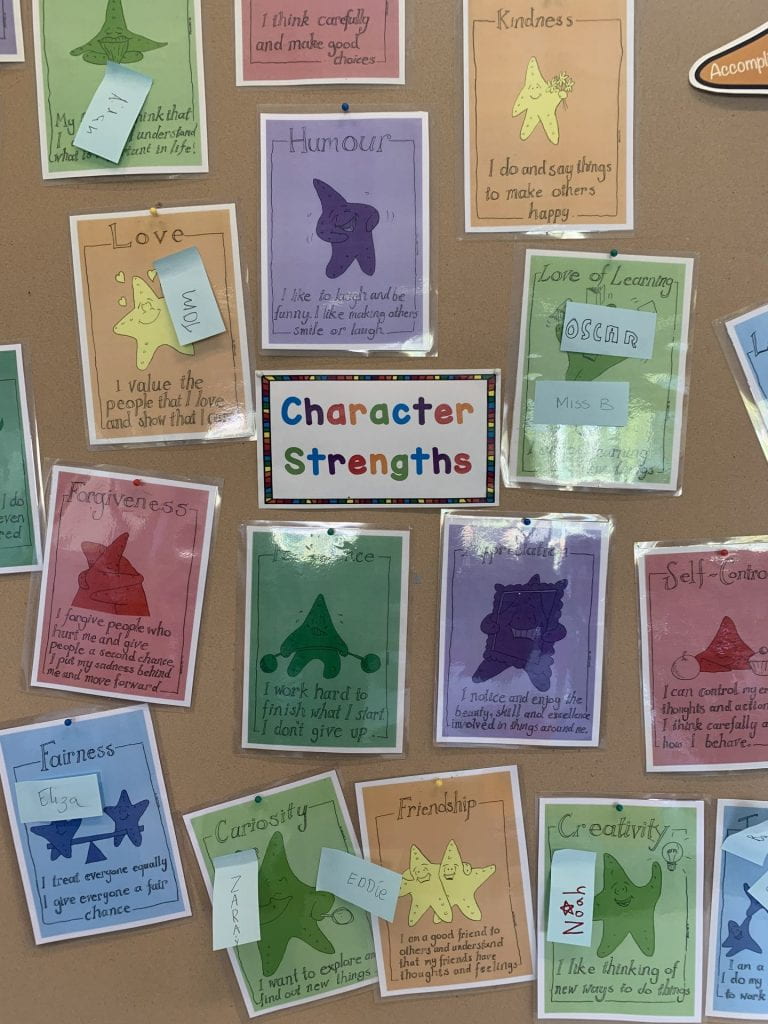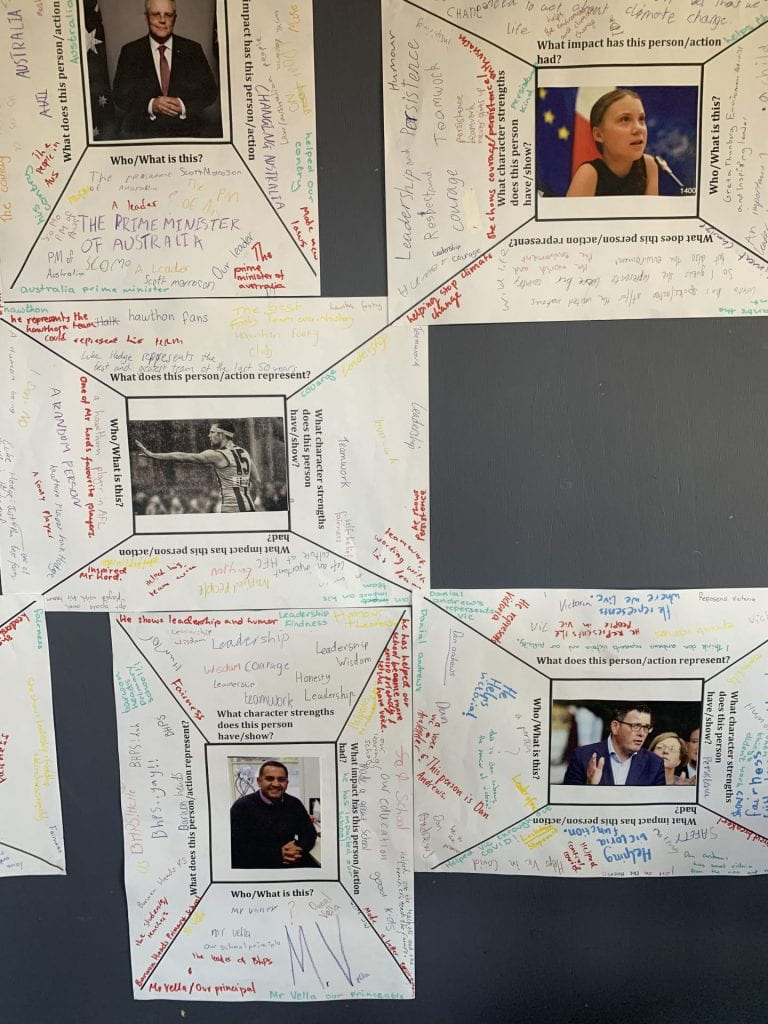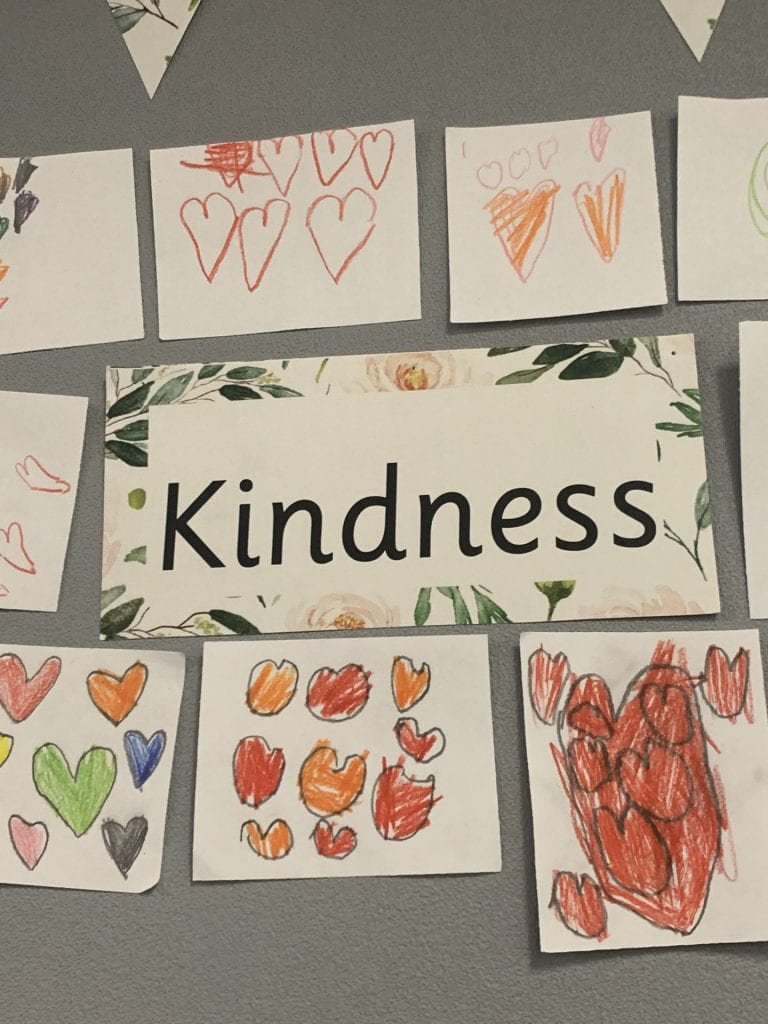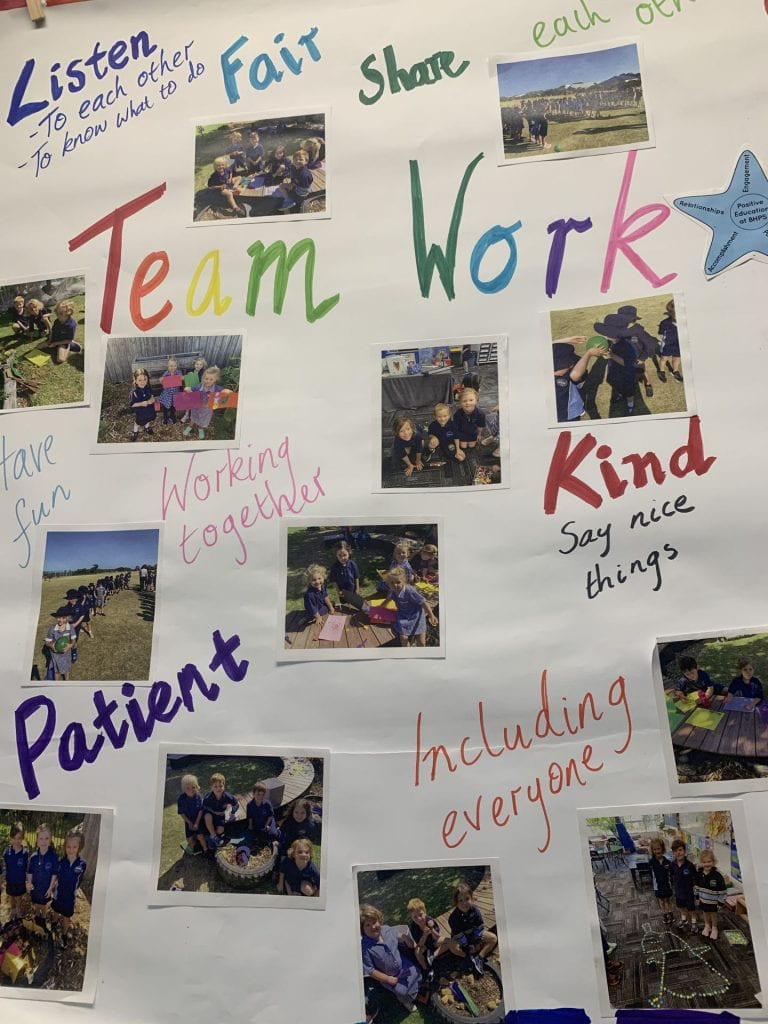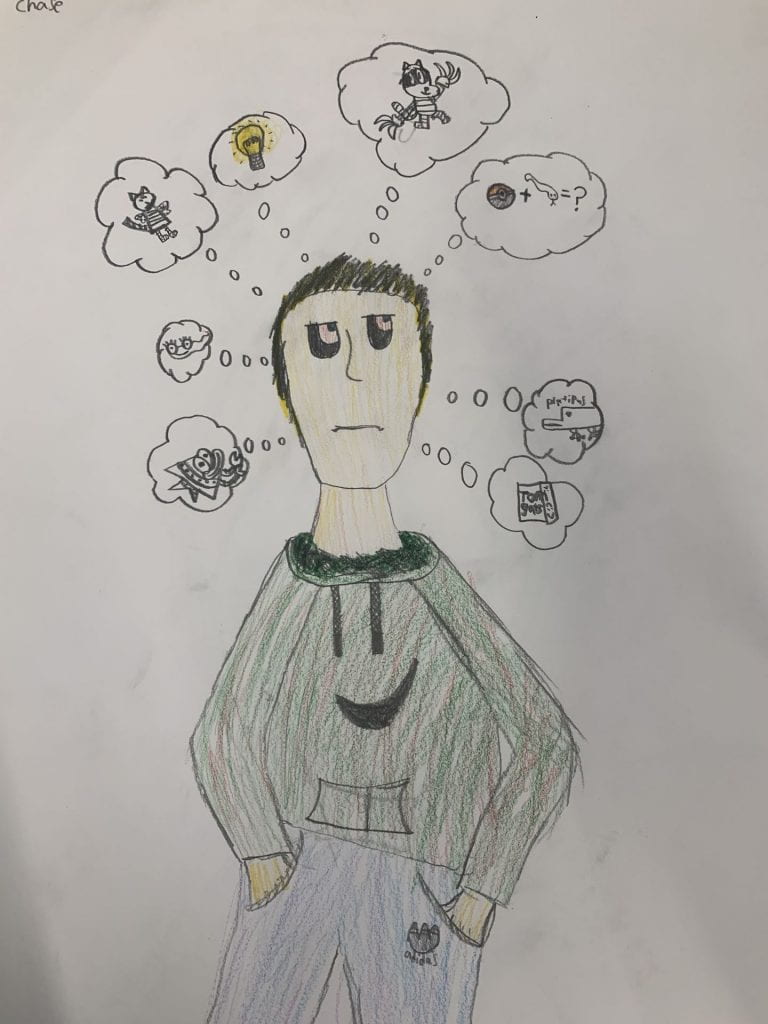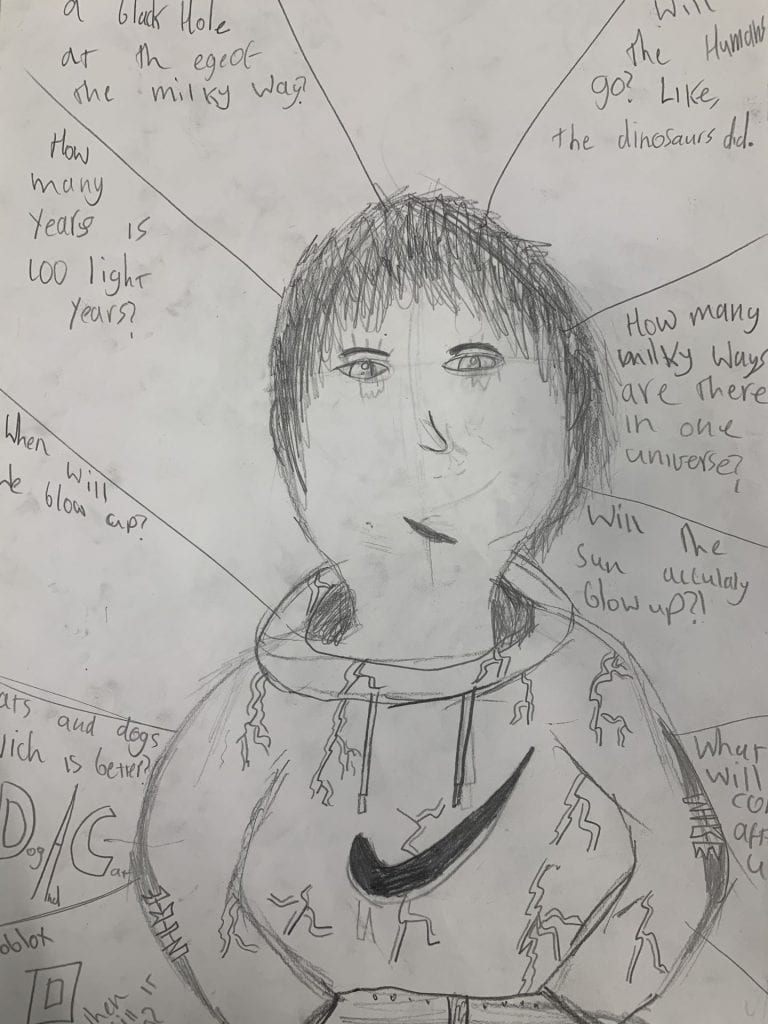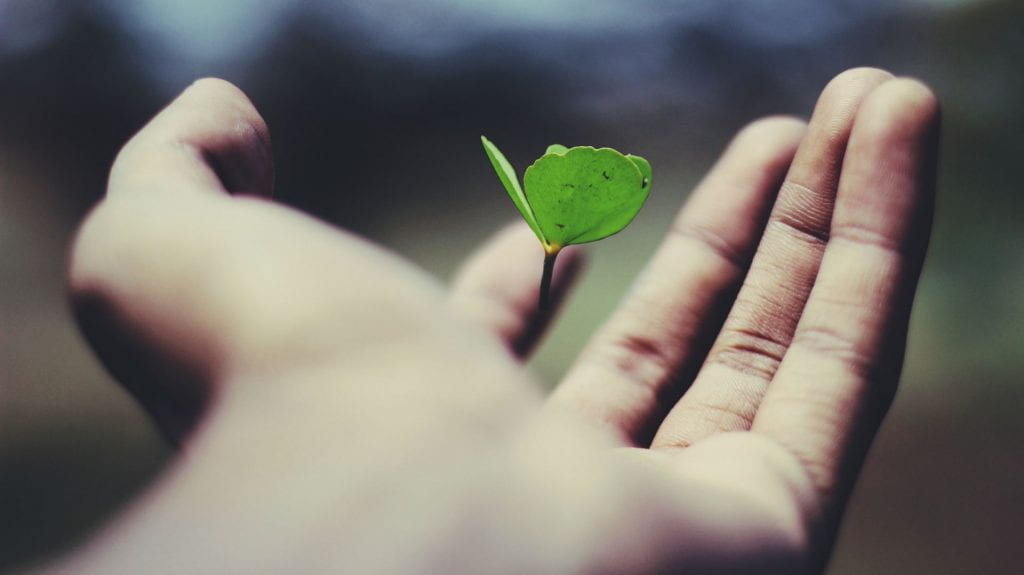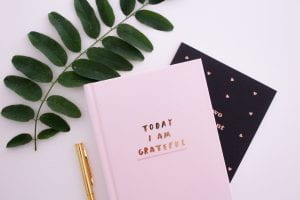
Gratitude means recognising the things that others have done for you, as well as what you have, rather than focusing on what you don’t.
For a quick and easy boost to your wellbeing, a moment of reflecting on things that you are grateful for is a simple strategy.
Showing gratitude can help your wellbeing in a number of ways, such as:
- help build new relationships or boost current ones
- help you forgive yourself and others
- reduce anger and increase empathy
- help you sleep better, give you energy and boost self-esteem
- make you appreciate what you have.
- It can also give you feelings of happiness and appreciation, which in turn has an effect on your wellbeing.
Add gratitude into your daily life
Through acts of kindness
One easy way to bring some gratitude into your life is through simple acts of kindness. These can be small and may only take a moment, like texting a family member or friend to wish them a nice day. Whilst not a daily event, giving blood can also help you feel more grateful.
By showing gratitude to others
Showing gratitude can provide a boost to your mental health. Make an effort to say a genuine ‘thank you’ to others, such as checkout staff. This can inspire them to do the same for someone else.
Expressing gratitude to your friends or family can often feel more difficult to do. Rather than a simple ‘thank you’, you can tell someone that you’re grateful for them doing something specific and what that means to you. This helps you be grateful for the thing they’ve done and also the person themselves, growing your sense of gratitude.
Create a gratitude board
A gratitude board is a physical space where you place visual representations of the things you’re grateful for. These could be in the form of photos, words, and objects of the people, things and experiences you’re grateful to have in your life. It can provide an excellent visual reminder of all the things you have to be grateful for.
Use a daily journal
Another exercise is to end your day by writing down a list of the things you’re grateful for. It can be as simple as two or three things that happened in your day and may include people, places or things. For example, you may write down that you’re grateful for a friend for sending a nice message, or a teacher who gave you helpful advice.
A daily gratitude journal can help you to see exactly what you’re grateful for, giving you a better state of mind before sleep, readying you for the next day.
Being mindful and practicing mindfulness is one way to help be more grateful.
http://headspace.org.au;
Probably more about kindness than gratitude!

